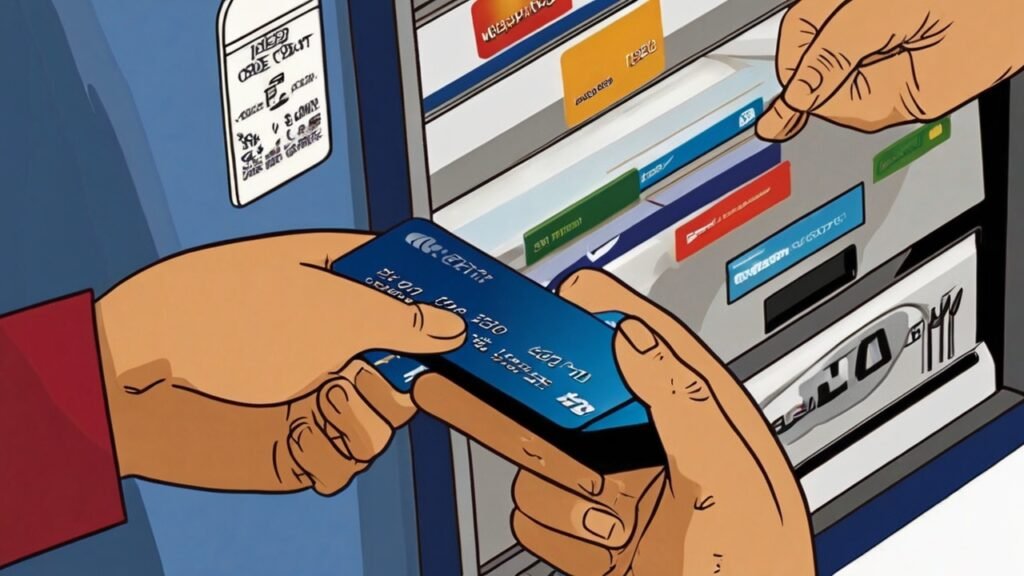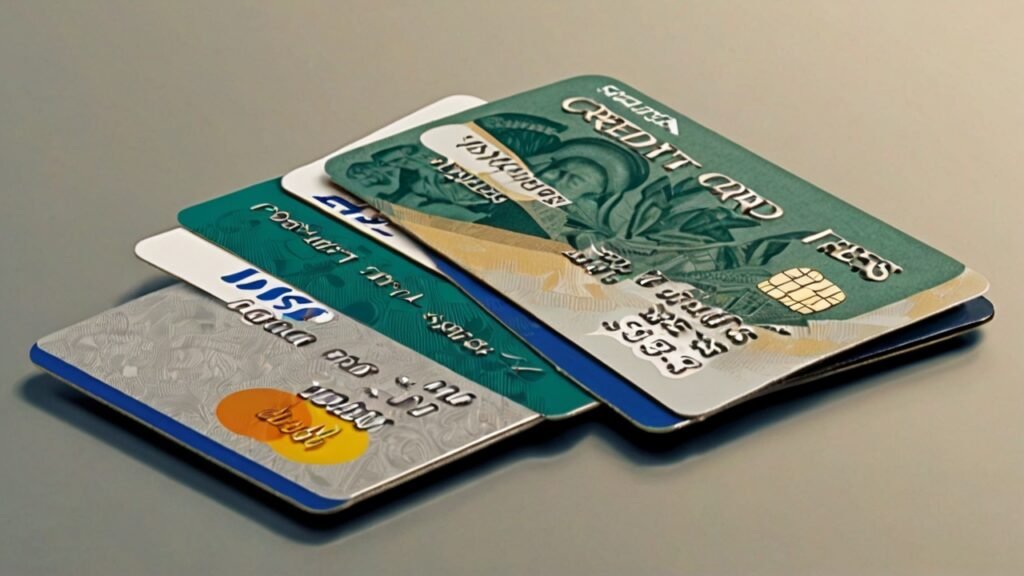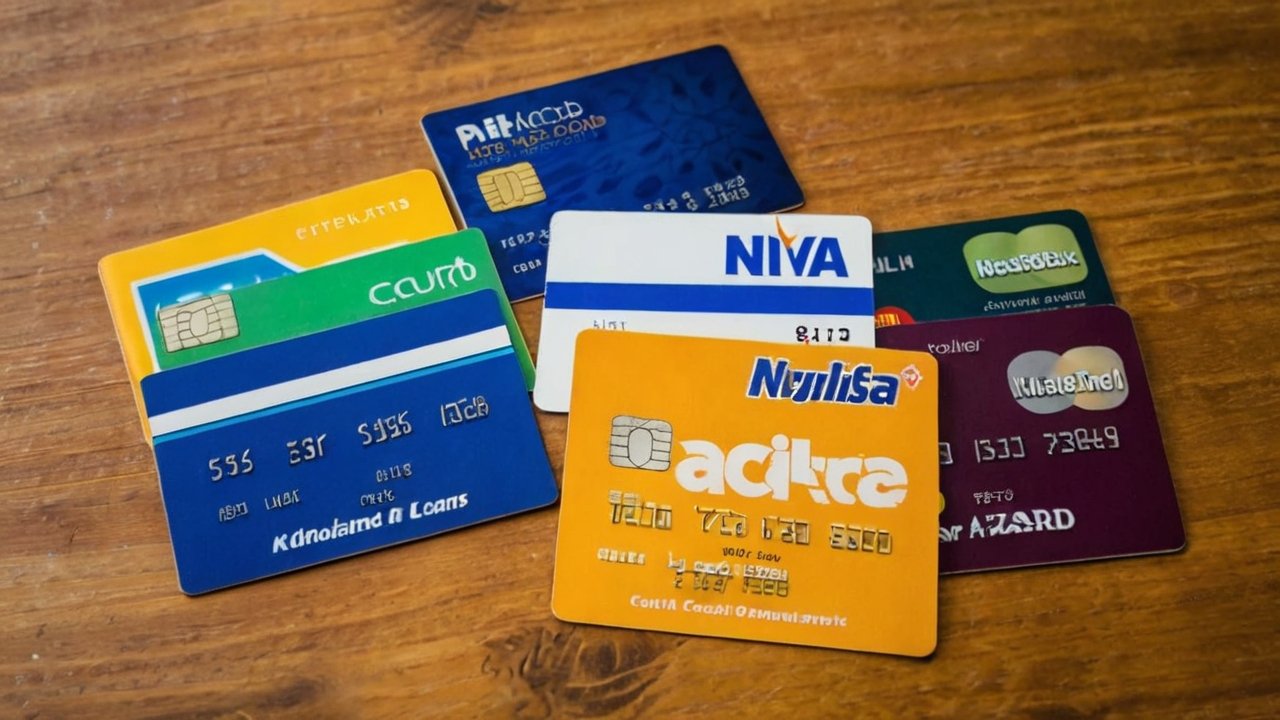Credit cards have become a ubiquitous part of modern financial life. They offer convenience and flexibility, allowing us to make purchases both online and in-store, and they can be a valuable tool for building credit. But like any financial product, credit cards come with their own set of advantages and drawbacks. Understanding these can help you use credit cards wisely and avoid potential pitfalls. Let’s dive into the pros and cons of credit cards and explore how to make the most out of them.
The Benefits of Credit Cards
Convenience and Flexibility
Credit cards provide unparalleled convenience. Whether you’re buying groceries, booking flights, or shopping online, credit cards are accepted almost everywhere. They’re especially useful in emergencies when you might not have enough cash on hand. For instance, imagine your car breaks down miles from home. With a credit card, you can quickly cover towing fees or emergency repairs without scrambling for cash.
Rewards and Cash Back
Many credit cards offer rewards programs that can turn your everyday spending into benefits. From cash back on purchases to points that can be redeemed for travel or merchandise, these rewards can add up significantly. For example, a credit card that offers 2% cash back on all purchases means you’re earning $2 for every $100 spent. To maximize these rewards, consider using a card for all your purchases and paying off the balance in full each month.
Building Credit History
Using a credit card responsibly can help build and improve your credit history. A good credit score is crucial for obtaining loans, renting apartments, and even getting favorable insurance rates. By paying your bills on time and keeping your credit utilization low, you can build a positive credit history that will benefit you in the long run.
Purchase Protection
Credit cards often come with built-in purchase protection. This includes fraud protection, which helps shield you from unauthorized charges. Additionally, many cards offer extended warranties on products and more lenient return policies compared to the store’s standard terms. For example, if you buy a new laptop and it breaks down shortly after purchase, your credit card might cover repairs or replacements beyond the manufacturer’s warranty.

The Downsides of Credit Cards
High-Interest Rates
One of the biggest drawbacks of credit cards is their high-interest rates. If you carry a balance from month to month, the Annual Percentage Rate (APR) can lead to significant interest charges. For example, if your APR is 20% and you have a $1,000 balance, you’ll pay $200 in interest annually if you only make minimum payments. It’s essential to understand how APR works and strive to pay off your balance each month to avoid these charges.
Potential for Debt Accumulation
Credit cards can make it easy to overspend, especially if you’re not mindful of your spending habits. It’s tempting to swipe the card for purchases without considering the long-term impact. To avoid falling into debt, create a budget and stick to it. If you find yourself accumulating debt, consider strategies such as consolidating your credit card balances or seeking financial advice.
Fees and Charges
Credit cards often come with various fees. Annual fees, late payment fees, and foreign transaction fees can add up quickly. For instance, if you’re charged a $95 annual fee for a card with no rewards, it’s important to evaluate if the card’s benefits outweigh this cost. Additionally, be cautious of late payment fees, which can be as high as $40, and make sure to pay your bill on time.
Impact on Credit Score
Mismanaging your credit card can negatively impact your credit score. Late payments, high credit utilization, and accumulating debt all contribute to a lower score. To maintain a good credit score, make sure to pay your bills on time, keep your credit utilization low, and monitor your credit report regularly for any errors.

How to Use Credit Cards Wisely
Budgeting and Tracking Spending
To use your credit card wisely, start by setting a budget. Determine how much you can afford to spend each month and track your expenses. Many credit cards offer tools and apps to help you monitor your spending and stay within your budget. By keeping an eye on your transactions, you can avoid overspending and stay in control of your finances.
Paying Off Balances
One of the best ways to avoid interest charges is to pay off your balance in full each month. If you can’t pay the full amount, aim to pay more than the minimum payment to reduce your balance faster and minimize interest charges. Consider using the “snowball” method, where you focus on paying off the card with the highest interest rate first, to effectively manage your debt.
Choosing the Right Credit Card
Not all credit cards are created equal. Compare offers to find a card that suits your needs. Look for cards with low interest rates, no annual fees, and rewards that align with your spending habits. Be sure to read the terms and conditions carefully to understand any fees or restrictions associated with the card.
Utilizing Rewards and Benefits
Maximize the benefits of your credit card by using it for all eligible purchases. If you have a rewards card, take advantage of its benefits by choosing a card that offers rewards for categories you spend the most in, such as groceries or travel. Additionally, some cards offer sign-up bonuses or introductory offers that can provide extra value.
Conclusion
Credit cards can be a powerful financial tool when used wisely. They offer convenience, rewards, and the ability to build credit, but they also come with risks such as high-interest rates and the potential for debt accumulation. By understanding both the pros and cons and following best practices for credit card use, you can enjoy the benefits while minimizing the downsides. Remember to budget, track your spending, pay off balances in full, and choose the right card for your needs.
FAQs
What should I do if I can’t pay my credit card bill on time?
If you can’t make a payment on time, contact your credit card issuer immediately. They may offer options such as payment plans or temporary relief. Avoiding late payments is crucial to maintaining a good credit score.
How can I improve my credit score with a credit card?
To improve your credit score, make timely payments, keep your credit utilization low (preferably below 30% of your credit limit), and avoid applying for too many credit cards at once. Regularly monitoring your credit report for errors can also help.
Are there credit cards with no fees?
Yes, there are many credit cards with no annual fees. However, be mindful of other potential fees such as foreign transaction fees or balance transfer fees. Look for cards that offer benefits that align with your spending habits.
What are the benefits of using a credit card instead of a debit card?
Credit cards offer benefits such as purchase protection, rewards programs, and the ability to build credit. They also provide additional security features compared to debit cards, which directly access your bank funds.
How often should I check my credit card statement?
It’s a good practice to review your credit card statement at least once a month. This helps you monitor for any unauthorized charges, track your spending, and ensure that you’re staying within your budget.
